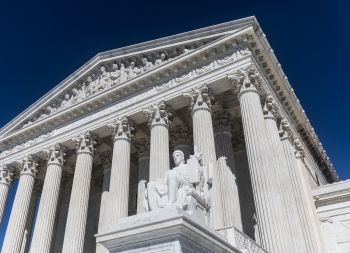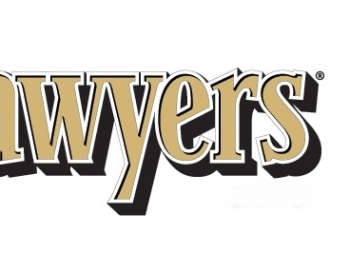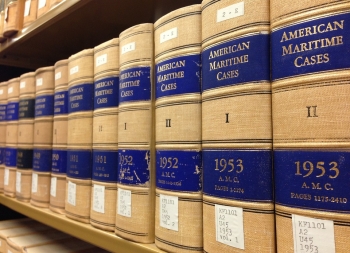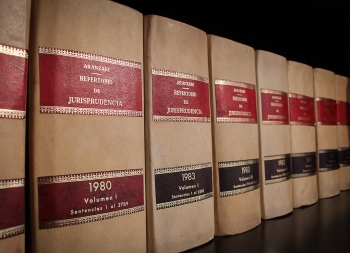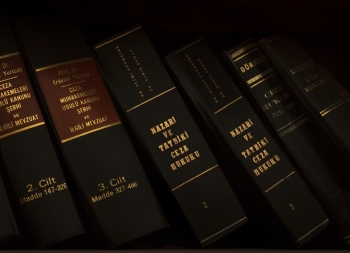What to Do if Your Trustee is Making Improper Investments
One power that trustees have is to make investments of trust assets. Although trustees are granted a certain degree of authority in their investment decisions, that authority is not absolute. It is governed by both the terms of the trust and state law. Investing is an area that often engenders mistrust between beneficiaries and trustees, because not all investments are wise or profitable.
If you’re a beneficiary and you believe the trustee of a trust is making imprudent investment decisions, you do have rights. Rosen Hagood’s probate litigation practice offers some advice for handling this situation.
Know Your – and the Trustee’s – Rights
Both trustees and beneficiaries have certain rights under the terms of the trust instrument and under South Carolina probate laws. For instance, and unless the terms of the trust provide otherwise, beneficiaries have a right to demand a copy of the trust instrument. You should review this document to understand its terms, what you and the other beneficiaries are guaranteed, and what the trustee can do.
One of the specific powers that trustees have is to make investments, and the authority to do so is rather broad under state law. The trustee of a trust generally has the right to use his or her discretion in making investments and using trust assets, provided that in doing so the beneficiaries’ interests are put first. However, the trustee must act as a prudent investor would act, and must exercise reasonable care, skill, and caution in making investments, giving due regard to the beneficiaries’ respective interests.
Beneficiaries, meanwhile, are protected by the trust instrument and South Carolina probate laws. For example, there are certain fiduciary duties that trustees must exercise. The trustee of a trust cannot make investments that put his or her interests ahead of those of the beneficiaries. Doing so would violate the duty of loyalty imposed by the law. Other duties limit the trustee’s actions and protect the beneficiaries’ interests. For instance, depending on the terms of the trust and the circumstances, the trustee may have an obligation to select trust investments that tend to maximize current income (which benefits an income beneficiary) or that tend to maximize the value of the trust principal over time, even if such assets produce less current income (which benefits remainder beneficiaries). The trustee is under a duty to make the trust property productive in a manner that is consistent with the trust’s terms and the fiduciary duties of caution and impartiality.
Another important right that beneficiaries have (unless the terms of the trust provide otherwise) is to receive an annual report or other information from the trustee which details the trust’s assets or property, how the trust property is being invested or used, any distributions of income or principal, and the fees or compensation paid to investment advisors. The information must be sufficient to allow the beneficiaries to protect their own interests. Often, this report is accompanied by such items as tax returns, brokerage statements, and other investment information.
Understand the Limitations of the Trust and State Law
If a trust provides that a trustee is to follow the guidance of an investment advisor, this will substantially limit the trustee’s liability. Provided the trustee of a trust acts in accordance with the advisor’s guidance, and absent evidence of gross negligence or willful misconduct, a trustee usually cannot be held liable for poor investment decisions. However, the advisor may be held liable because he or she also has certain fiduciary duties. Also, be aware that poor performance of an investment does not necessarily mean a trustee or investment advisor has done anything wrong. No investment is guaranteed to bring in a particular rate of return, and many investments lose money or fail altogether. There would need to be evidence the trustee or the advisor has acted unreasonably in making investment decisions.
The Trustee is Making Improper Investments – Now What?
Suppose you’ve reviewed the terms of the trust, checked the probate laws, and read the trustee’s annual report. You believe there is something amiss in the investment strategy the trustee is using. Now what?
It is imperative to consult with a knowledgeable probate litigation attorney in a prompt manner. Delay is unwise because statutes of limitation will govern any claim against the trustee or investment advisor. Time is often needed to investigate the facts before a claim is ready to be filed. Improper investments can quickly drain trust assets if they are not soon remedied. The probate court is empowered to take a number of actions to correct the problem, including:
- Preventing further unwise investments
- Forcing the trustee to give an accounting of his or her investment activities
- Compelling the trustee to restore the trust or compensate beneficiaries for any investment losses, including any profits or appreciation in value that would have been received if the trust had been properly administered
- Appointing a special fiduciary to administer the trust
- Requiring the trustee to give a fiduciary bond to secure performance of the trustee’s duties
- Suspending, removing, or replacing the trustee
Remember, trustees are generally empowered with broad discretion in how they administer the trust. Proving investment misconduct is an uphill battle and should not be undertaken without the direction of an experienced probate litigation attorney. Rosen Hagood works with beneficiaries to protect their financial interests when poor investing strategies threaten them. Give us a call today to discuss your matter.






























































































